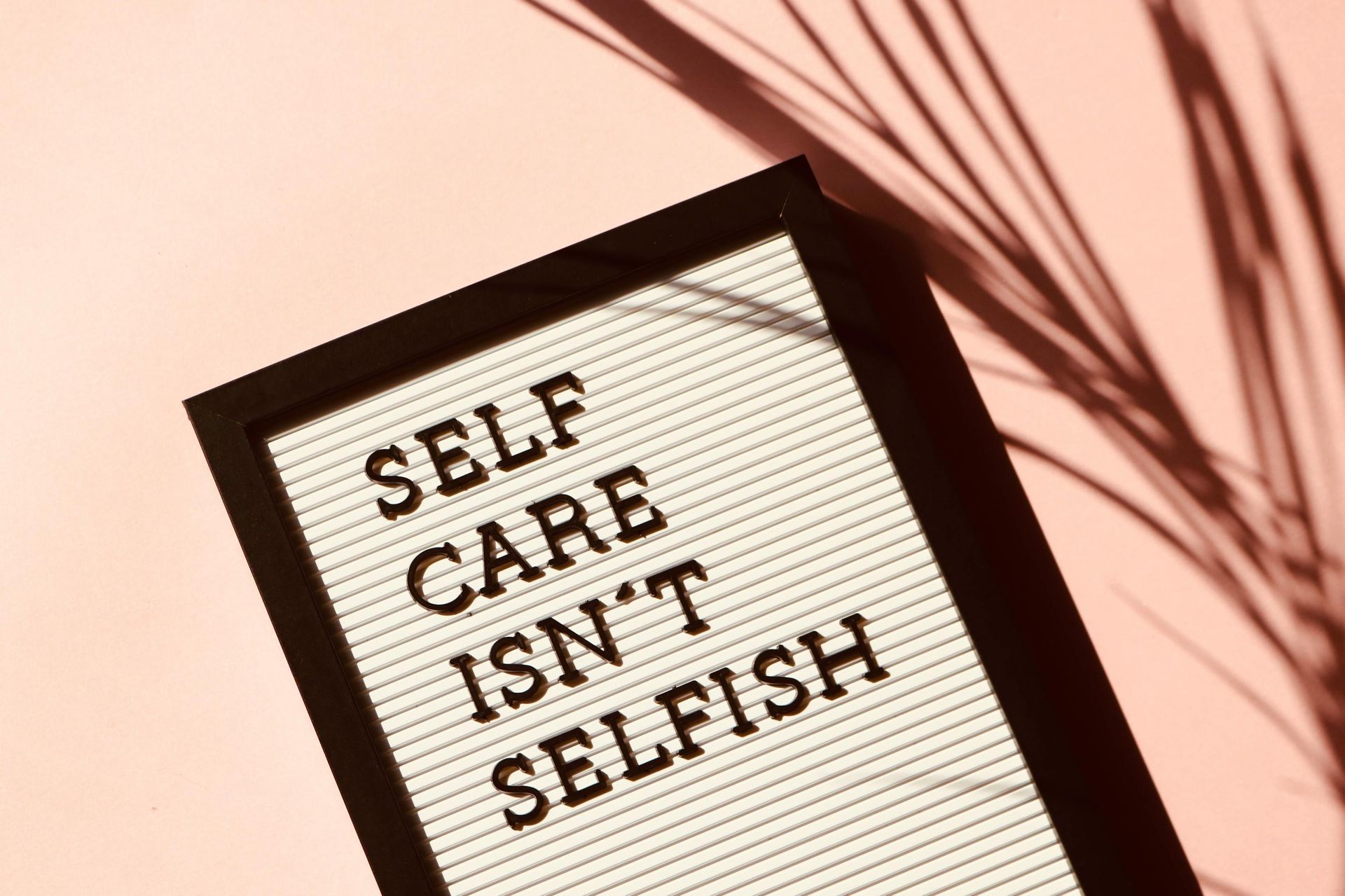Beyond the Backpack: Helping Children Handle Back-to-School Stress with Therapy
Does your child feel anxious, scared, or stressed as they begin the new school year? These are common feelings that come up for kids as they anticipate the separation from their parents or caregivers, being in a new environment, and meeting new people. Many kids also feel stressed about adjusting to a new daily routine with higher academic expectations.

Warning Signs that your Child is experiencing Back-to-School Stress
Maybe your child hasn’t expressed any of these feelings to you, but they will tell you in other ways. Some symptoms of anxiety to be on the lookout for as your child transitions into the new school year are:
- increased headaches or stomach aches
- trouble sleeping
- changes in appetite
- frequent tearfulness
- refusing to go to school
Ways to Support your Child
So, how can you help your child thrive in the new school year? Here are some tips to help your child manage their back-to-school stress!
- Acknowledge and validate their feelings. Remember, the way your child is feeling is normal and totally understandable. Use phrases such as, “I know starting school can be really scary. It’s okay to feel scared!
- ”Practice coping skills together. Practice deep belly breathing, muscle relaxation (Like squeezing their fists and then releasing), and positive affirmations.
- Maintain a consistent routine. Consider creating a visual schedule that your child can refer to. Predictability and consistency can help children feel safe and grounded through transitions.
- Encourage friendships! Practice and model social skills with your child. This could include how to introduce yourself to someone new, and how to get to know a new friend. Additionally, set up meet-and-greets and playdates with your child’s classmates. Their social connections will help them feel safe and enjoy school
- Model calmness and confidence. If you are calm and confident about the back-to-school season, your child is more likely to also be. Practice using phrases such as, “I’m so excited to hear about your day and I know you’re gonna do great!”
- Be there for your child! The key to supporting your child work through their back-to-school stressors is to be there for them and be supportive. A calm, consistent, and supportive presence will help your child navigate their feelings and stress as they transition into the new year.
How Therapy Can Help Provide Extra Support
In addition to supporting your child at home, children can benefit from having another trusted adult to support them. Therapists are trained to use evidence-based interventions to help a child work through stressors. Therapists can:
- Provide a safe place for a child to process their emotions, worries, and stressors.
- Teach and model positive coping skills such as grounding, deep breathing, and mindfulness to manage or reduce stress.
- Support a child in building confidence: This can be done through role-playing or practicing conversations with peers and identifying the child’s strengths and past successes
- Collaborate with parents to support the child on multiple fronts. Therapists can teach parents how to recognize signs of stress in their child, validate their child’s feelings, and create routines at home










